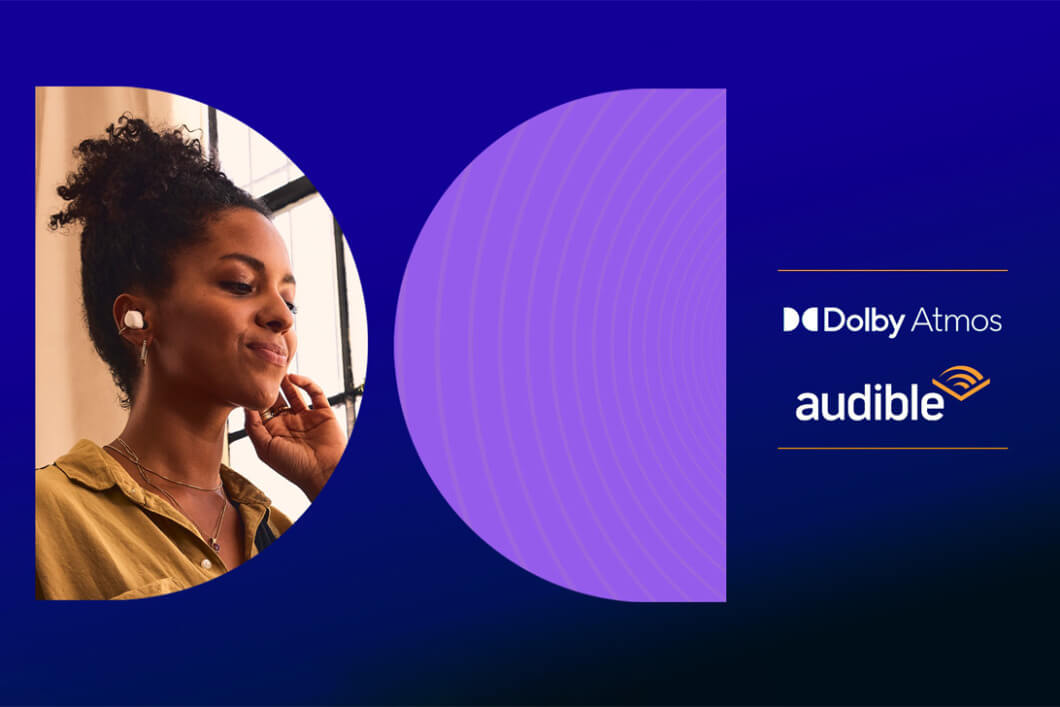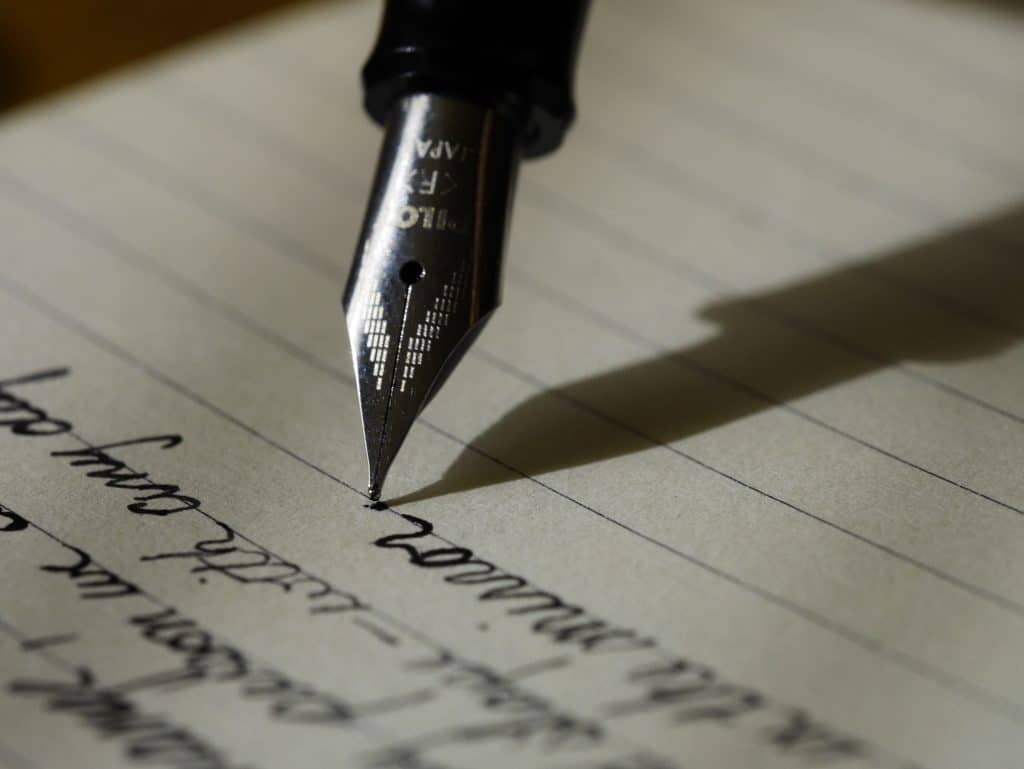The Writers Guild of America is proposing to allow its authors to employ ChatGPT and other AI tools to write scripts for television and movies. There are a few use cases that the Guild proposed. A writer can pen a script, without having to share writing credit or divide residuals. Additionally, a studio executive could hand the writer a script written by AI to rewrite or polish and the writer would still be considered the first writer on the project. The guild’s proposal was discussed in the first bargaining session on Monday with the Alliance of Motion Picture and Television Producers.
According to the Verge, “it feels notable that the WGA’s floating the idea of normalizing AI-sourced content given rising concerns (in some creative circles especially) about the datasets tools like these like are trained on. Were this practice to become commonplace, it’s not hard to imagine disputes about plagiarism and original authorship stemming from the fact that this kind of technology creates things based on other things it’s already seen before. Some might argue that the last point can also be said of the human creative process, and it is to a certain extent. But it feels more than fair to say that the WGA’s wading into uncharted territory here that,
from a distance, seems like it could get very thorny.
Something that the Writers Guild did not discuss, scripts entirely written by AI, without intervention by a human. While a coherent script written entirely by an AI might seem far fetched, AI-generated fiction is already causing trouble. The award-winning science fiction magazine Clarkesworld closed story submissions from authors after a flood of AI-generated stories inundated the magazine’s inbox.
Michael Kozlowski is the editor-in-chief at Good e-Reader and has written about audiobooks and e-readers for the past fifteen years. Newspapers and websites such as the CBC, CNET, Engadget, Huffington Post and the New York Times have picked up his articles. He Lives in Vancouver, British Columbia, Canada.

